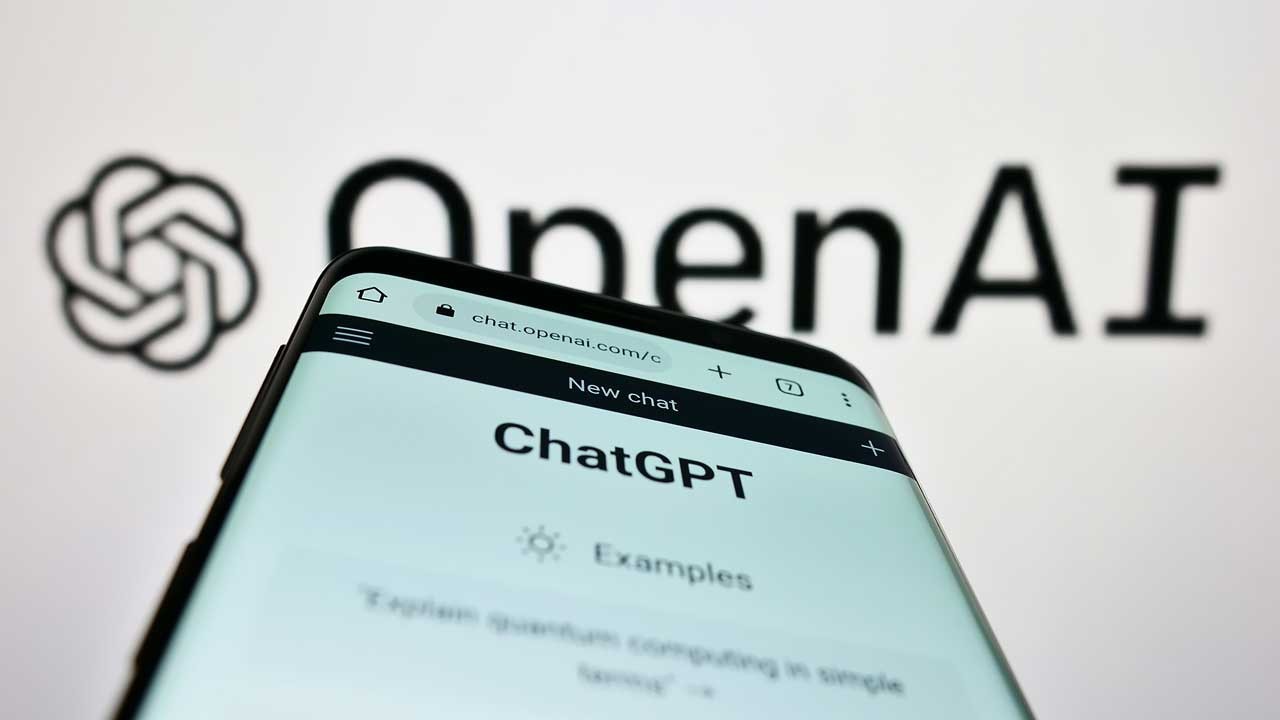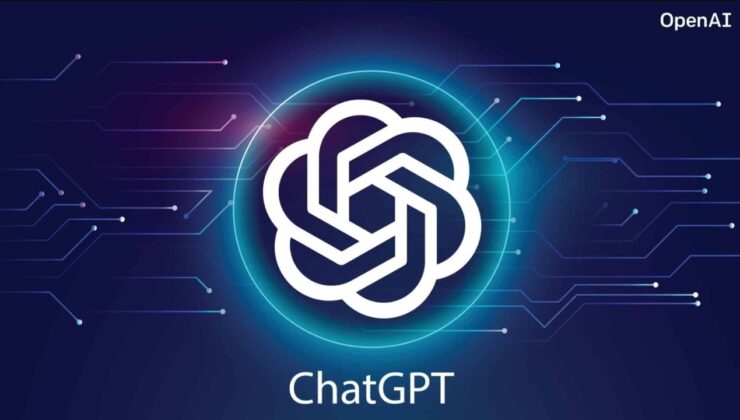Emerging Developments in ChatGPT and OpenAI
If you have been closely following the latest innovations from OpenAI and the evolution of ChatGPT, you are aware of how rapidly the company has advanced in artificial intelligence technology and the impressive solutions it has launched. Yet, this journey is far from reaching its peak. Soon, ChatGPT is expected to transition into a highly personalized assistant tailored to individual users, supported by cutting-edge hardware designed by Jony Ive’s team within OpenAI, known as io.

An Intelligent, All-Encompassing Assistant
OpenAI CEO Sam Altman has long envisioned ChatGPT as a deeply personal AI companion that learns about you and assists across multiple facets of your life. Reports and leaks about the upcoming ChatGPT io device bolster this vision. The device is rumored to be highly portable—easily carried on your desktop, around your neck, or tucked into your pocket—and capable of processing social and environmental cues. It will function as a social, always-on assistant, able to distinguish between multiple speakers and operate continuously as a helpful, omnipresent companion.
Although no official launch has been announced yet, OpenAI appears poised to unveil this innovative device along with features that will embed ChatGPT deeply into daily life as a reliable assistant. To achieve this, the AI must be capable of interpreting social signals and seamlessly integrating with various applications, including your phone, computer, email, messaging platforms, and calendar.
Strategic Vision: The ‘Super Assistant’ Concept
Insights from confidential documents filed during the antitrust lawsuit against Google reveal OpenAI’s ambitious plans for a ‘super assistant’. Due to the sensitive nature of these documents, some sections are redacted, but key paragraphs clearly outline OpenAI’s objectives to evolve ChatGPT into an advanced, multifaceted assistant.
As stated in the documents, “By the first half of 2025, we aim to transform ChatGPT into a personal assistant that understands your preferences, interests, and can perform any task you might expect from an intelligent, reliable, and emotionally aware entity.” The development of models like O2 and O3 during this period is designed to equip ChatGPT with enhanced capabilities, enabling it to perform complex tasks. Furthermore, multi-modal interfaces and productivity-focused user interactions will allow users to communicate with the AI in the most natural and effective way possible.
What Does a ‘Super Assistant’ Really Entail?
The ‘super assistant’ concept refers to an AI that adapts uniquely to each user and can operate across all devices—be it on websites like chatgpt.com, within various applications, smartphones, or third-party platforms like Siri. This AI assistant would be capable of handling a wide array of daily chores, such as simplifying complex questions, assisting with real estate searches, finding legal professionals, initiating gym memberships, planning vacations, selecting gifts, managing schedules, and composing emails. Additionally, it would possess deep expertise in specialized areas like coding and technical problem-solving.
Current Challenges and Uncertainties
At present, ChatGPT does not have unrestricted access to personal data stored on users’ phones or devices, which limits its potential as a true personal assistant. Concerns about privacy and data security remain significant barriers, as many users are hesitant to entrust sensitive information to an AI without clear safeguards.
Moreover, given that the first half of 2025 has already passed, there is no concrete evidence of significant progress toward these ambitious goals. Although OpenAI has launched numerous AI solutions throughout the year, an official statement regarding the super assistant’s development remains absent.
The Implications of the Google Antitrust Case
These confidential documents are primarily aimed at highlighting potential issues rather than prematurely revealing OpenAI’s plans. They also underscore the competitive landscape, emphasizing Google’s dominant position in online search and the need for alternative AI-driven solutions. OpenAI stresses that “healthy competition benefits consumers” and advocates for user freedom to choose their preferred search engines and AI assistants across various platforms, including iPhone, Android, and Windows.
OpenAI contends that data sharing and interoperability are crucial for fostering innovation and giving users genuine choices in AI tools and services.
Looking Ahead: Expectations and Industry Impact
The outcome of the ongoing antitrust proceedings against Google will significantly influence the future of AI development and market dynamics. Regardless of the legal resolution, it is clear that OpenAI remains committed to advancing its vision of a super intelligent, highly personalized assistant.
Meanwhile, competitors like Apple with Siri and Google’s Project Astra are also pursuing similar goals, promising a future where AI assistants become indispensable, deeply integrated, and capable of transforming daily life in unprecedented ways.
 02:00
02:00




 News
News

 Tech
Tech
 Tech
Tech
 Tech
Tech
 Tech
Tech
 Tech
Tech
 Tech
Tech





